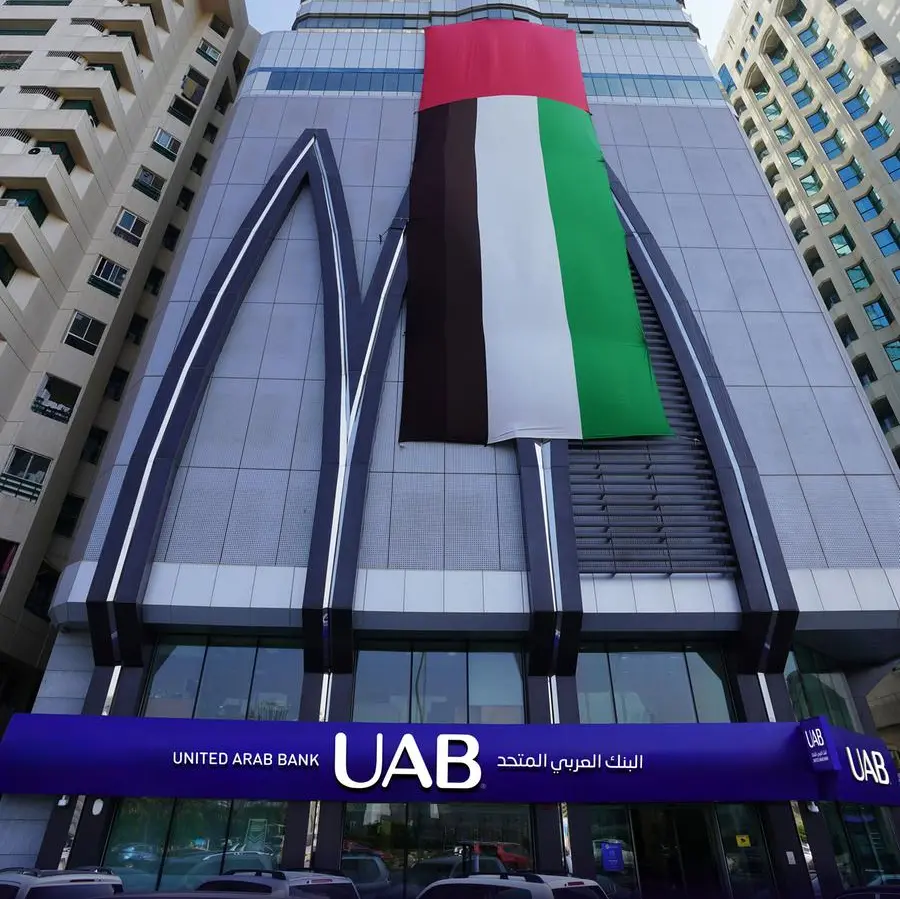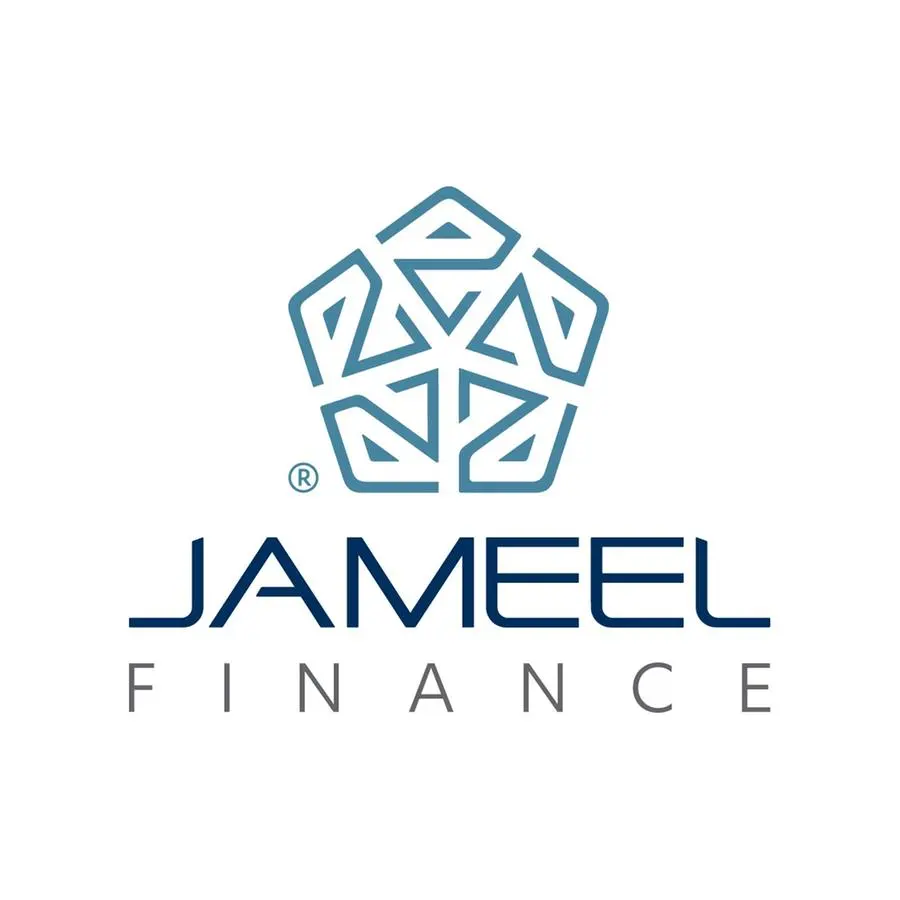PHOTO
Dubai: Saxo Bank, the leading fintech and regtech specialist focused on multi-asset trading and investment, has hosted its flagship ‘Gateway to China’ event in Abu Dhabi giving an invited audience of senior investors, analysts and executives key insights into how the country is opening up to global investment.
The event was held over a private lunch on the side-lines of Bloomberg Invest Abu Dhabi which brought together financial leaders, regulators, economists, and innovators to unpack the most significant opportunities and risks facing investors navigating geopolitical turbulence and volatile markets.
Steen Jakobsen, Chief Investment Officer of Saxo Bank, explained to the gathered audience that central banks across the world continue to be challenged by low yields and a global policy panic, and the economic performance of China, responsible for 40 percent of global credit and growth, is critical to the health of the world economy.
He said: “China leads the global credit cycle – where China goes, the world goes. More than ever, the government needs to succeed this year and is taking important steps to open up Chinese assets to global investors to drive significant inflow.
“This year alone will see the inclusion of China’s bonds in global indices like Barclays, Russell, and S&P, and the allocation to China in the MSCI’s emerging markets index will quadruple from 5% to 20%. The overall China-bound inflow over the next three to five years will exceed $1 trillion using very conservative estimates.”
Jakobsen also shared with the audience that the Chinese government is encouraging domestic investors to move away from the housing market and invest more in the equity market, a venue where capital can flow to more productive enterprises. This too may drive foreign investor interest as they will likely be wanting to participate in a more liquid and familiar market.
Saxo Bank has recently moved to help clients gain digital access to Chinese bonds and broaden their access to the country’s A-list shares listed on the Shanghai and Shenzhen stock exchanges.
Saxo Bank has now added Chinese bonds to its global multi-asset offering and is enabling qualified institutional clients to trade mainland China bonds via Saxo Bank’s connectivity with the Hong Kong based Bond Connect mechanism - a mutual bond access programme allowing overseas and Mainland China investors to trade in each other's bond markets.
“This further strengthens Saxo’s position in the region and helps international qualified investors build a stronger diversified portfolio,” said Steve Weller, CEO Saxo Bank, MENA region.
Saxo Bank has just become the first in the market to offer full digital access to mainland China bonds through the Bond Connect gateway via a simple ‘click to trade’ functionality. “With options to invest in, for example, Chinese onshore government bonds and central bank paper, institutional clients get simple, efficient automated access to a market that has historically been complicated and cumbersome for foreign investors to access,” added Jakobsen.
“This means that Saxo’s clients will be able to access a market that is destined to see activity increase drastically as international investors come to understand the importance of the Chinese bond market, and Chinese government bonds in particular. In compliance with People’s Bank of China’s regulations, qualified institutional investors will have access to 127 China bonds with CNH as a settlement currency,” concluded Weller.
Media enquiries
Mohammad Akkawi,
Account Manager
Action UAE
+971 55 394 1044
mohammad.a@actionprgroup.com
About Saxo Bank
Saxo Bank Group (Saxo) is a leading Fintech specialist focused on multi-asset trading and investment and delivering ‘Banking-as-a-Service’ to wholesale clients.
For more than 25 years, Saxo’s mission has been to democratize investment and trading, enabling clients by facilitating their seamless access to global capital markets through technology and expertise.
As a fully licensed and regulated bank, Saxo enables its direct clients to trade multiple asset classes across global financial markets from one single margin account and across multiple devices. Additionally, Saxo provides wholesale institutional clients such as banks and brokers with multi-asset execution, prime brokerage services and trading technology, supporting the full value chain delivering Banking-as-a-Service (BaaS).
Saxo’s award winning trading platforms are available in more than 20 languages and form the technology backbone of more than 100 financial institutions worldwide.
Founded in 1992 and launching its first online trading platform in 1998, Saxo Bank was a Fintech even before the term was created. Headquartered in Copenhagen Saxo Bank today employs more than 1500 people in financial centers around the world including London, Paris, Zurich, Dubai, Singapore, Shanghai, Hong Kong and Tokyo.
Disclaimer: The contents of this press release was provided from an external third party provider. This website is not responsible for, and does not control, such external content. This content is provided on an “as is” and “as available” basis and has not been edited in any way. Neither this website nor our affiliates guarantee the accuracy of or endorse the views or opinions expressed in this press release.
The press release is provided for informational purposes only. The content does not provide tax, legal or investment advice or opinion regarding the suitability, value or profitability of any particular security, portfolio or investment strategy. Neither this website nor our affiliates shall be liable for any errors or inaccuracies in the content, or for any actions taken by you in reliance thereon. You expressly agree that your use of the information within this article is at your sole risk.
To the fullest extent permitted by applicable law, this website, its parent company, its subsidiaries, its affiliates and the respective shareholders, directors, officers, employees, agents, advertisers, content providers and licensors will not be liable (jointly or severally) to you for any direct, indirect, consequential, special, incidental, punitive or exemplary damages, including without limitation, lost profits, lost savings and lost revenues, whether in negligence, tort, contract or any other theory of liability, even if the parties have been advised of the possibility or could have foreseen any such damages.




















